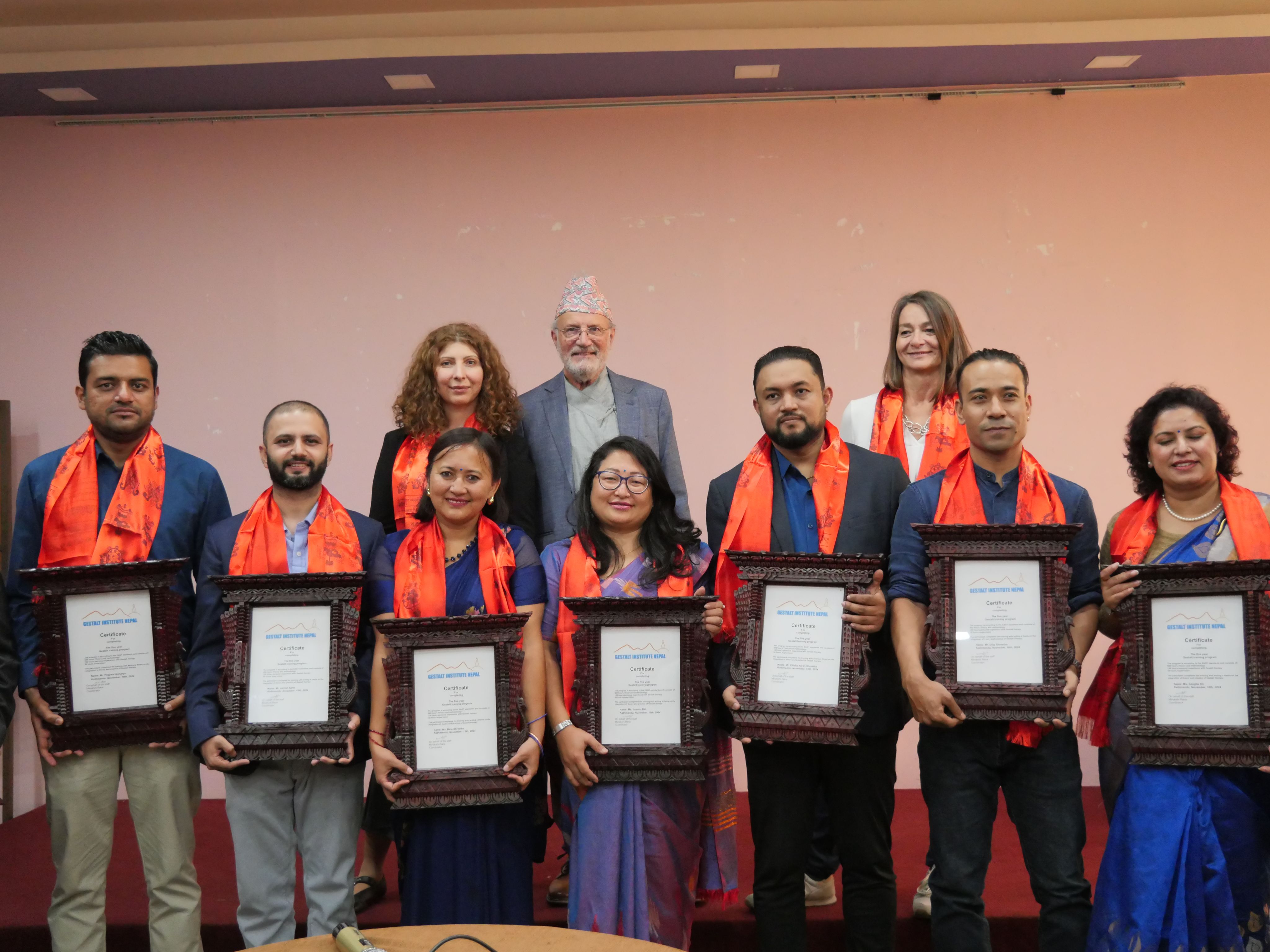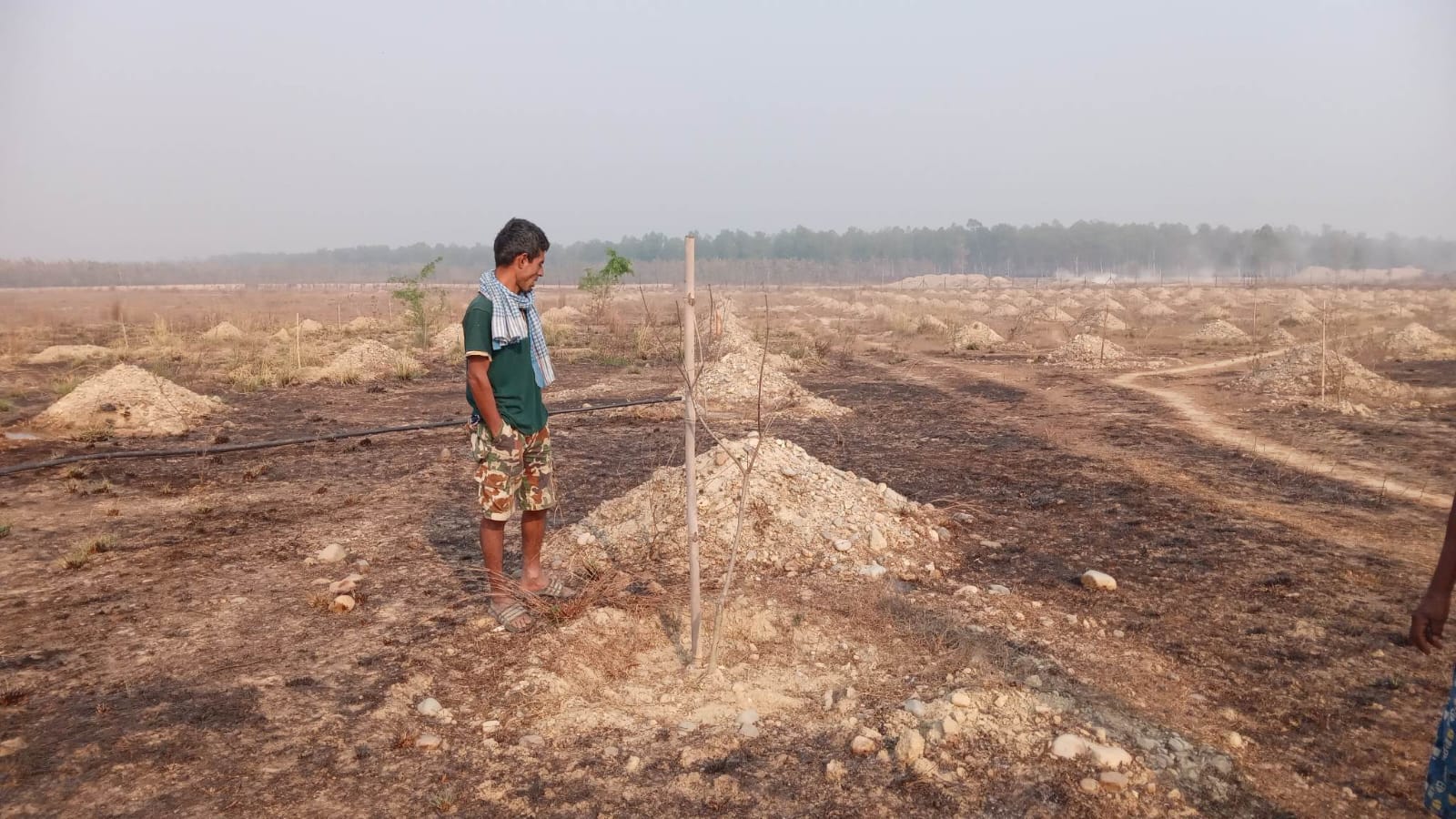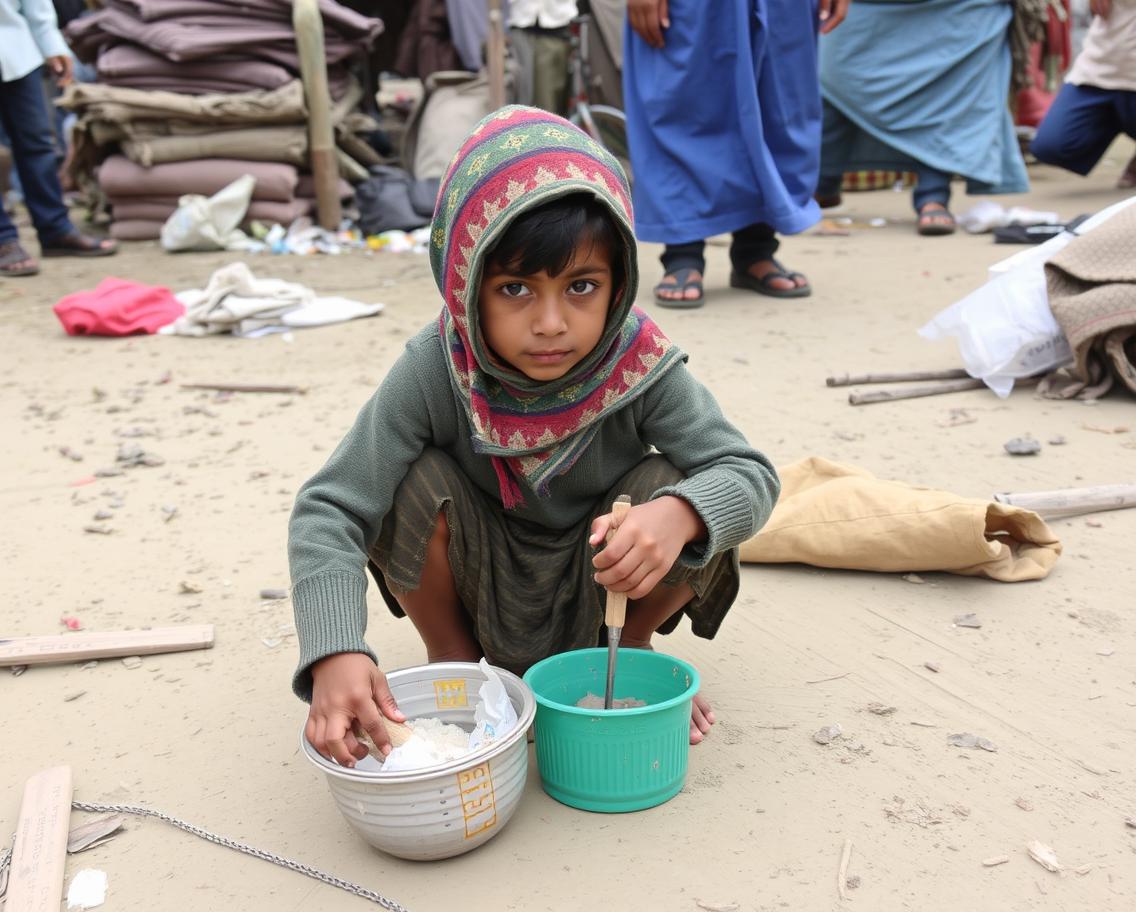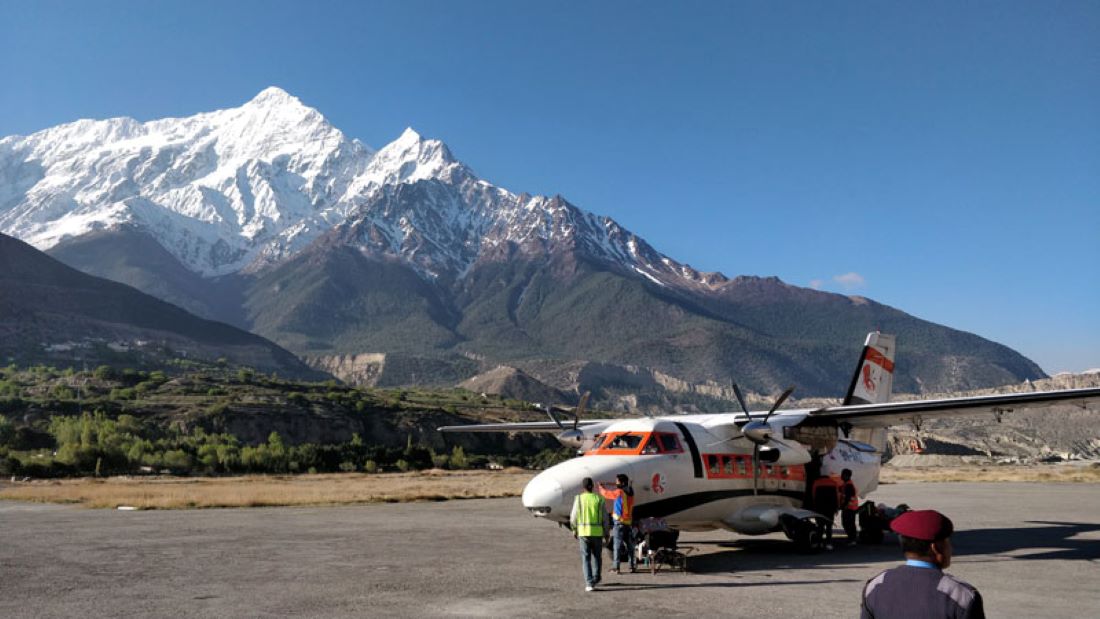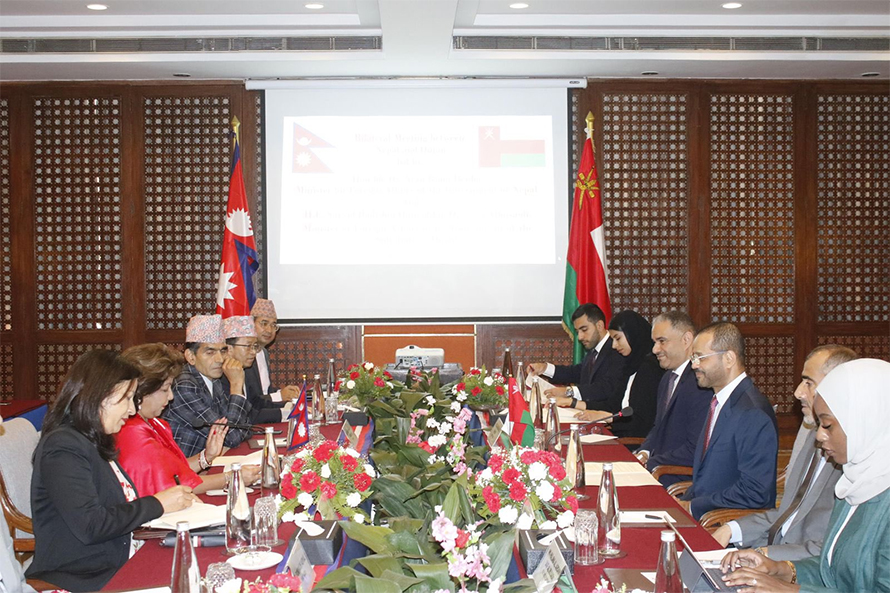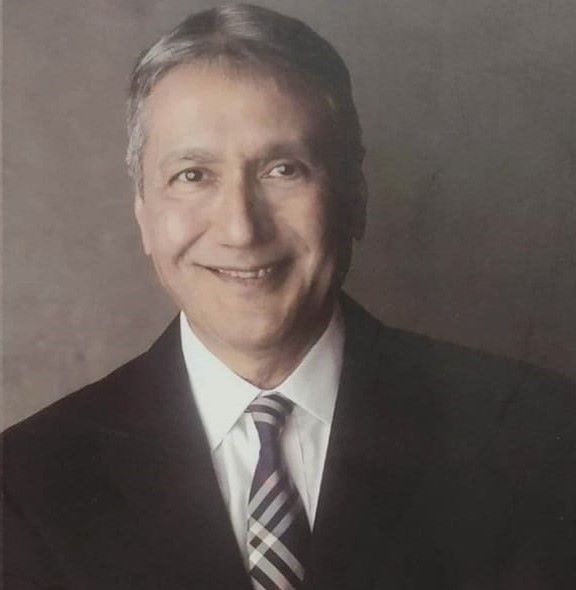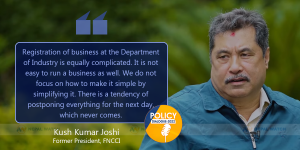‘We are not being taken seriously by both the neighbour countries’
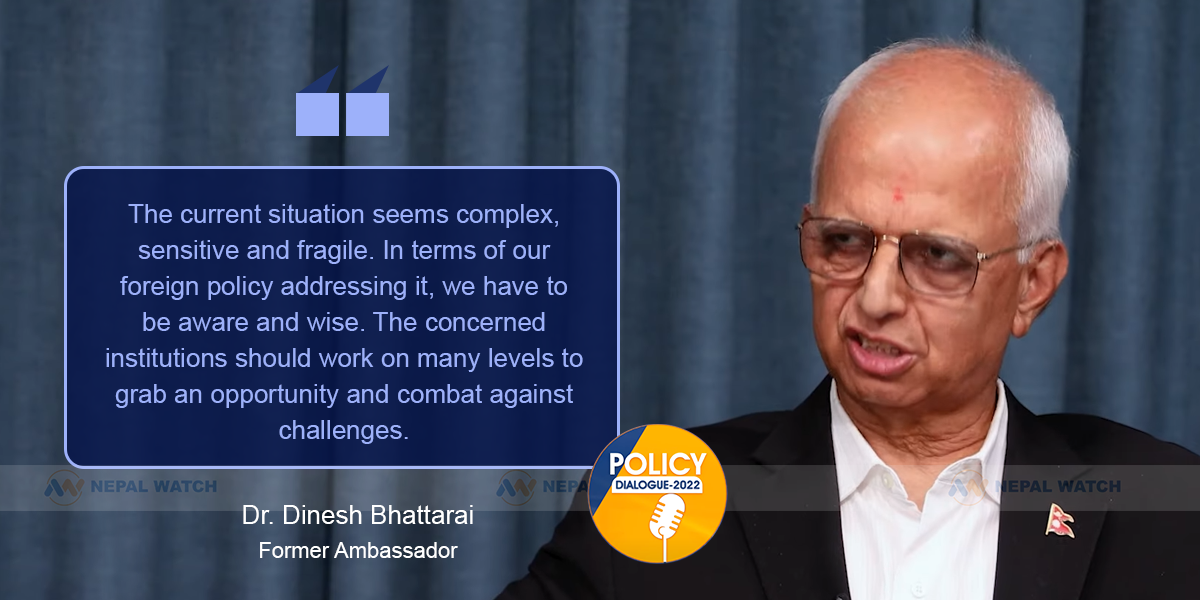
The world is disfigured and polarized. We find ourselves in a geographic situation where our neighboring countries have become powerful states. Today, our geo politics is changing in a fast pace. We were in a unipolar period following the end of cold war. After that, the 9/11 terrorist attack and economic crisis in 2008/2009 have brought new powerful countries in the frontline.The outbreak of covid -19 has expedited geo political transformation.
While the bipolar Cold War era has ended, we still remain in a state of military unipolarity. It is because America is tone of the powerful nation which can project military capacity worldwide. We can call it economically bipolar. Our northern neighboring country holds world’s second largest economy while southern holds the fifth largest economy.Consequently, it has become economically bipolar as countries engage in sanction against each other.It cover 40% of world’s population, if we combine two neighboring countries. India has the world’s largest population. Both of them are the members of G20 and BRICS. China is the member of the UN Security Council and India is aspiring for it.
Some of the countries are supporting India too. In context of Nepal, the complex geo politics has arrived at our doorsteps.
The current situation seems complex, sensitive and fragile. In terms of our foreign policy addressing it, we have to be aware and wise. The concerned institutions should work on many levels to grab an opportunity and combat against challenges.
We have to emphasize on capacity building through strengthening of institutions. Diplomats should be chosen through rigorous recruitment process. It is acceptable to practice inclusiveness but we can not compromise competence over inclusiveness.
I think that diversity should be reflected in foreign services.
We need an institution that can identify challenges that obstructs opportunities, which we do not possess now. The High Level Task Force 1996 was formed for economic diplomacy, Policy Study Group in 2002,
High Level Foreign Policy Task in 2006, Study Group by IFA, Nepal’s Foreign Policy in Change Context in 2010/11 and High Level Task Force on Reorienting Nepal’s Foreign Policy in a Rapidly Changing World’s Geo Politics on in 2017.
Reports prepared by those taskforces were submitted in Foreign Ministries. The thesis of hardworking student is a far away thing, reports of Foreign Ministries are left unread. We can work based on these reports in this fast- paced era. We only have government track foreign policy but where is the second track, third track and back channel? The nation has to emphasize on capacity building ,strengthen institutions along with the allocation of resources. The ambassadors are not just there for getting a job and being appointed. It is a high time for Nepal to be energized.
Due to this, resources should be mobilized optimally and emphasize on performance of diplomats.
Here, the Inter – Ministerial Coordination Group has a weaker cooperation mechanism.
One body can not work in isolation. The whole- of -government approach can regulate upon diplomacy while Ministry of Finance should be its focal point. I believe that every foreign matters should initially go through the Ministry of Foreign Affairs. We can not strengthen coordination, until we follow it. Nation has to speak with one voice.
Regarding the map, the parliament has approved new map in May 20, 2020. India responded by saying it as an artificial enlargement.
Recently, China failed to consider the map endorsed by Ministry of Natural Resources. It implies that our two neighboring countries have not consider it seriously.
Firstly, they did not consider it seriously. Since I am outside the government, I can not confirm whether they have made an attempt or not. Based on a media, the government had decided to present it in UN and India. India might has responded after we made an attempt.
On May 15,2015, the PM of India has signed agreement on Lipulekh issue during the visit to China and Nepal was unaware about it.
It was done without passing any information and consultation. During the period , PM Sushil Koirala wrote to India and China about agreement made without any prior consultation with Nepal. It was sent on June and can be called as “protest note”. Even after many years, both neighboring countries do not feel necessity to address this issue.
The accountable government should have addressed this matter. The government can not make excuses on national concerns. No matter wherever we live, the national interest will remain constant and can not compromise on it.
There are deficiency in the working mechanism as well. Firstly, it is morality and secondly it is ambiguous policy. I would prefer to use the term “development diplomacy” over “economic policy”. It is intentions and commitment subsequently. Foreign aid will be financed from taxpayers of a country.
The High Level Task Force 1996 led by Udhav Dev Bhattarai identified trade, investment, water resources, remittances and other issues.
The Foreign Ministry had to work based on it and should involve in institutional arrangement. IFA had formed Policy Study Group in 2002. The Parliamentary Committee on International Relations has provided report on
economic diplomacy. Despite of this, we might have ambiguous policy, inadequate follow up or insufficient resources.
It is not just limited to financial resources but also human resources , which is the essential resource. It includes loyalty to some extent.
The ministers will articulate people’s expectations and I believe that staffs will not go beyond them. The staffs should present facts and truth before the ministers without any obstruction by clarifying scenarios, applications and implication of decision. The development of advanced infrastructure and human resources can contribute to the maintenance of favorable environment in our homeland.
In terms of bringing foreign grants and investment Nepal should maintain its transparency. We have discussed about single – window system.We have discussed multiple times about inflexible administrative process which hinders private sectors for investment.
Adding context to this, I was having a conversation with foreign minister Michael Kalomiri on the establishment of democracy and human rights in Nepal. I had also mentioned about flexibility of investment. He replied, “Can you give me one thing.”
I confidently replied with yes. He further replied, “Can you give me security of my investment?” The investor will always expect something in return.
Have we provided investment security to them? They expect to gain profit from the investment while returning back to their homeland. We have to provide investment security but gaining the profit is in their hand.
If we provide a favorable environment for investment, investors will be attracted for investment.They will definitely come to Nepal, which possess adequate resources.
Trending
Related News
Latest
-

Riddara RD6 EV Pick Up Launches Exchange Offer In Nepal
-

Shop More, Save More with Daraz Nepal’s 5.5 Best Price, Best Deals
-

Unveiling the Galaxy S25 Ultra 1TB: Samsung’s Tera-fic New Flagship Variant Kicks Off the New Year with Unprecedented Storage Power
-

UK announces £10 million for Myanmar quake relief
-

World Bank Approves financing package of 150 Million USD to Nepal



